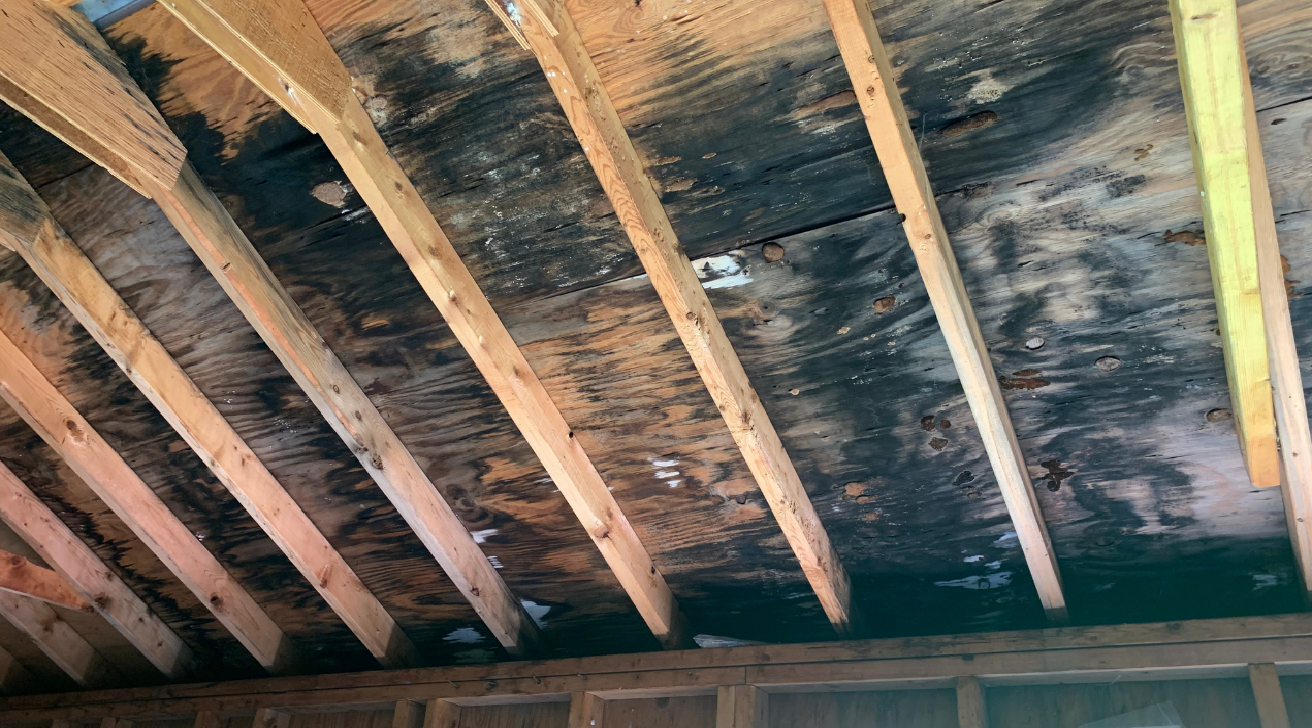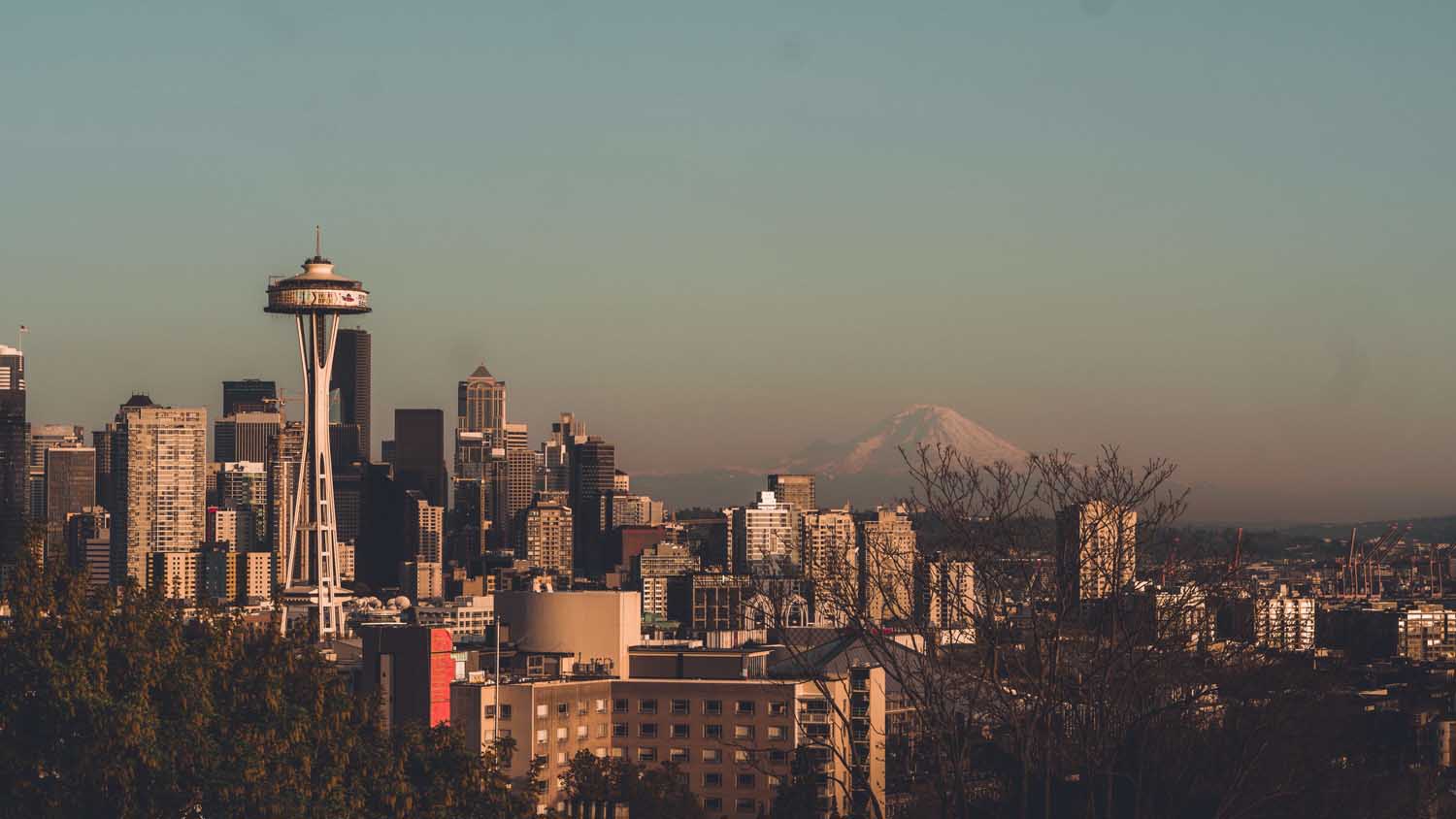Mold Remediation Services in Everett, WA
When it comes to maintaining a safe and healthy home or business environment, preventing the growth of mold plays a crucial role. Mold can spread rapidly, compromising indoor air quality, structural integrity, and overall comfort. At PNW Mold Control, we understand how stressful this situation can be, and we are here to help with thorough inspections, reliable mold removal protocols, and preventative measures to ensure that you can breathe easy once again. Below, you will learn more about why mold growth is a serious matter, the steps involved in professional remediation, and how our expertise sets us apart.
Why Mold Is a Serious Concern
Health Risks of Mold Exposure
Mold is more than just an unsightly nuisance. Fungal growth can cause or exacerbate a variety of health issues, especially for individuals who are sensitive or have compromised respiratory systems. Common symptoms related to mold exposure may include itchy eyes, runny nose, coughing, and respiratory distress. If you or your family members are experiencing ongoing symptoms that you suspect are linked to mold, it is vital to seek professional help from experts who specialize in mold remediation. By addressing the root cause, you can dramatically improve indoor air quality and reduce the potential for chronic health complications.
Structural Damage to Property
Mold does not only impact human health; it can also weaken the structural components of your home or commercial property. Mold thrives in moist, dark environments, often targeting areas such as crawl spaces, basements, attics, and behind walls. Over time, wooden beams, drywall, and even insulation can become compromised. The earlier you detect and remove mold, the better your chances of avoiding costly repairs or renovations later on. By using proven techniques and specialized equipment, our team at PNW Mold Control ensures that mold colonies are safely eliminated, helping preserve your building’s structural integrity.

The Importance of Prompt Mold Remediation
Preventing Mold from Spreading
Mold has the uncanny ability to spread quickly. Microscopic spores can become airborne, traveling through HVAC systems or even clinging to clothing and shoes. Before you know it, a small, localized problem can turn into a widespread infestation. This is why timely, professional intervention is crucial. By opting for Mold Remediation Services in Everett, you can halt mold in its tracks before it gains a stronger foothold in your space. Early detection and treatment are far more cost-effective than dealing with an advanced outbreak that may require extensive reconstruction.
Preserving Property Value
When mold is left unchecked, it can significantly diminish your property’s value. Prospective buyers, tenants, or business clients may be immediately turned off if they detect a musty odor or see visible growth. By scheduling prompt remediation, you are protecting the long-term value of your home or commercial building. With a mold-free environment, you can confidently go about your daily life or business dealings without fear of hidden damage or negative health consequences. Proper remediation coupled with preventative maintenance is one of the most effective strategies for preserving property value in the long run.
Our Mold Remediation Process
1. Comprehensive Inspection and Testing
Before any remediation work begins, our certified specialists will conduct a detailed inspection. This may involve the use of moisture meters, thermal imaging, and surface or air sampling for laboratory testing. Identifying the type of mold and the extent of the contamination is a critical first step. Armed with accurate data, we can design a customized plan that targets the specific areas of concern in your property.
2. Containment and Air Filtration
Once mold is located, we focus on containing the affected areas to prevent cross-contamination. Using plastic sheeting and specialized HVAC protocols, we ensure spores do not spread to other parts of your home or building. Additionally, we employ HEPA-grade air filtration devices to capture microscopic spores floating in the air. This dual approach—containment and filtration—significantly reduces the risk of secondary contamination.
3. Safe Mold Removal and Disposal
Our trained team members use proven techniques and protective equipment to physically remove mold from contaminated surfaces. In severe cases where building materials are compromised, we may need to remove and replace sections of drywall, insulation, or wood framing. Safety is our top priority, and we adhere to industry guidelines to ensure mold spores remain confined during the removal process. All debris is bagged and disposed of following local regulations.
4. Cleaning and Sanitizing
After the visible mold has been removed, the next crucial step is to clean and sanitize all affected surfaces. We use specialized cleaning products that can neutralize residual spores. Items such as carpets, furniture, or clothing might require special treatments depending on the type of mold and the extent of contamination. Air scrubbers and dehumidifiers continue to operate during this phase to ensure humidity levels remain optimal, discouraging any new mold growth.
5. Restoration and Prevention
Once the contaminated areas are thoroughly cleaned, we can begin restoring your space to its pre-loss condition. This may include repairing drywall, replacing flooring, or repainting walls. After restoration, our team will offer guidance on preventive measures, such as controlling indoor humidity, maintaining good ventilation, and spotting early warning signs of mold. We believe that education and proactive maintenance are key to preventing mold from taking hold in the future.
What Sets PNW Mold Control Apart
Certified and Experienced Team
Our highly trained technicians hold certifications that demonstrate competency and adherence to industry standards. With extensive experience in mold remediation, our team has encountered a wide variety of mold-related scenarios—from small residential outbreaks to large-scale commercial infestations. Each job is approached with the same level of professionalism and attention to detail.
Tailored Solutions for Your Unique Needs
We understand that every property is different. Factors such as construction style, ventilation, and existing water damage can all influence the severity and type of mold problem you are facing. Rather than adopting a one-size-fits-all approach, we assess and design our remediation process to align with your specific situation. This allows for faster, more efficient removal and a lasting resolution.
Transparent Communication
At PNW Mold Control, we are firm believers in keeping our clients informed every step of the way. From the initial inspection to the final walkthrough, we maintain open communication about timelines, costs, and any findings of concern. Our honest, straightforward approach fosters trust and ensures that you have a clear understanding of our methods and recommendations.
Ongoing Support and Maintenance
The end of a remediation job is not the end of our relationship. We offer ongoing support, routine inspections, and guidance on how to keep your home or business mold-free. If you ever notice a return of mold or suspect new growth, our responsive customer service team will be there to assist you promptly. Our goal is to build lasting partnerships with our clients, providing expert guidance when you need it most.
Common Causes of Mold Growth
Moisture Intrusion
Mold requires moisture to thrive. Leaks from roofs, pipes, or appliances can create hidden pockets of dampness where mold colonies flourish. Even a small leak can lead to extensive growth if it goes undetected.
High Humidity
Regions with high humidity levels or buildings without proper ventilation are particularly susceptible to mold. Bathrooms, kitchens, and laundry rooms are typical hotspots due to frequent moisture. Using exhaust fans, dehumidifiers, and proper ventilation can help combat this issue.
Flood Damage
Whether caused by a storm or an internal plumbing failure, flood damage can introduce significant water into your property. Any delay in drying out the affected areas can accelerate mold development. It’s vital to bring in professionals as soon as possible to mitigate the damage.
Inadequate Ventilation
Poorly ventilated rooms or crawl spaces can trap moisture in walls and ceilings. Without fresh air circulating, mold can establish colonies and spread unchecked. Proper insulation and air exchange systems are integral to preventing mold growth.
Signs You Might Need Mold Remediation
- Visible Mold or Discoloration: If you see dark spots on walls, ceilings, or flooring, it could indicate mold.
- Musty Odor: A persistent, damp smell is often one of the first clues that mold is growing unseen.
- Increased Allergy Symptoms: If you notice heightened allergic reactions such as sneezing, coughing, or itchy eyes, mold may be the culprit.
- Warping or Rotting Materials: Wood or other materials that appear warped or rotten could signal hidden mold infestations.
- Recent Water Damage: If your home has experienced leaks, flooding, or any other form of water intrusion, a mold inspection is recommended.
If any of these signs sound familiar, scheduling a professional consultation can help you confirm the presence of mold and address it before more damage occurs.

How We Ensure a Seamless Experience
Thorough Documentation
We document every stage of the remediation process—from initial inspection findings to final air quality tests. This not only ensures we remain consistent and accountable but also provides you with records that may be beneficial for insurance purposes or future property valuation.
Minimal Disruption
We understand that mold remediation can be disruptive to daily life or business operations. Our team strives to minimize inconvenience by working as efficiently as possible. In commercial settings, we can work around business hours to reduce downtime, ensuring that your operations remain uninterrupted.
Safety First
All of our methods prioritize the safety of both our clients and our technicians. We utilize personal protective equipment (PPE) and adhere to strict standards for handling and disposing of contaminated materials. Our careful approach mitigates the risk of mold spreading or affecting people in the vicinity.
Commitment to Green Practices
Whenever feasible, we opt for environmentally friendly cleaning solutions and disposal methods. Protecting your health and property goes hand in hand with caring for the broader environment, and we continually refine our practices to be as eco-conscious as possible.
Take Control of Your Indoor Environment
Don’t let mold compromise your health, comfort, or property value. If you suspect or have confirmed mold growth in your Everett property, contact PNW Mold Control today at 425-426-2613 or fill out our contact form to schedule an inspection. We are here to provide fast, effective, and long-lasting solutions because a safe living or working environment should never be out of reach.
Frequently Asked Questions
How long does the mold remediation process usually take?
The timeline depends on various factors, including the extent of contamination, the size of the affected area, and the type of mold. A small, localized problem might be resolved within a few days, while a larger or more complex issue could take a week or more.
Can I stay in my home during the remediation process?
In many cases, you can remain in your home during mold remediation. However, if the infestation is extensive or located in common living areas, you may choose to stay elsewhere for comfort and safety. Our team works to contain the mold, so it poses minimal risk to unaffected areas of your home.
Is mold removal covered by insurance?
Insurance coverage varies widely depending on your policy and the cause of mold growth. For example, if mold is a result of a sudden pipe burst, it may be covered. If it stems from long-term negligence or poor maintenance, you may have to bear the cost out of pocket. It’s best to review your policy documents or consult with your insurance provider for specifics.
How can I prevent mold from returning after remediation?
Maintaining proper moisture control is key. Address water leaks immediately, use dehumidifiers in damp areas, and ensure adequate ventilation in high-moisture rooms. Regular home inspections, especially in basements, attics, and crawl spaces, can also help you catch potential problems before they escalate.
What if I only notice a musty smell but don’t see any mold?
A musty or damp odor can be a strong indicator of hidden mold. Mold often thrives behind walls, under flooring, or inside insulation. If you detect a persistent musty smell, it’s wise to schedule a professional inspection to confirm the presence of mold before it worsens.
